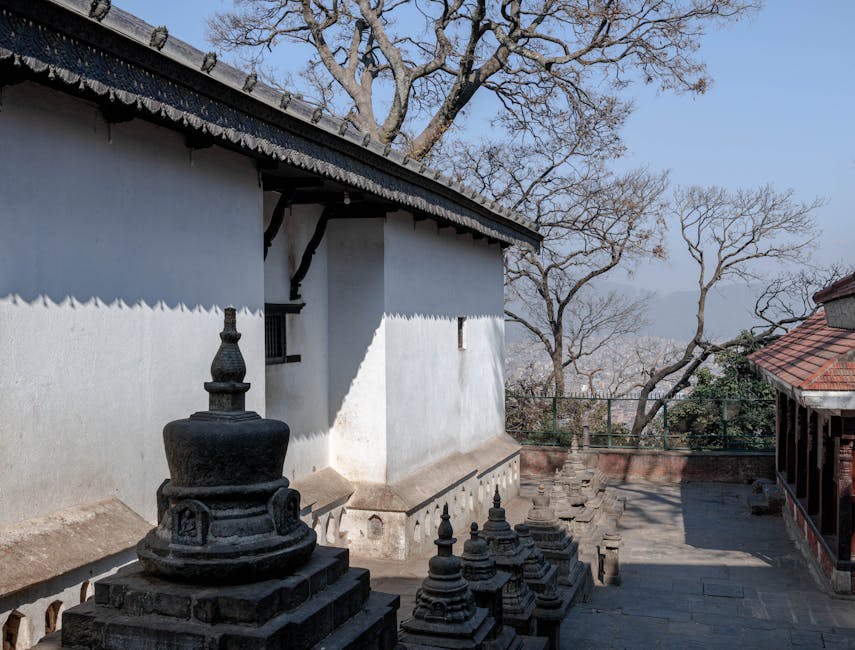A Somber Homecoming in Kathmandu
A somber silence fell over Kathmandu‘s Tribhuvan International Airport on Wednesday, a silence heavy with months of agonizing hope and ultimate heartbreak. This was not the homecoming anyone had prayed for. The final, tragic chapter in the story of Bipin Joshi, the Nepali student caught in the crossfire of the Israel-Hamas conflict, came to a close as a coffin bearing his remains was lowered onto the tarmac. For his family, and for a nation that had held its breath, it was the grim end to a torturous wait.
A Dream Derailed by Conflict
Bipin Joshi was not a soldier or a diplomat; he was a 23-year-old agriculture student from Nepal’s Sudurpaschim Province, filled with ambition. He was in Israel as part of an “earn and learn” program, working at Kibbutz Alumim near the Gaza border. His dream was to gain modern agricultural skills to bring back to his community. But on the morning of October 7th, that dream was shattered by the brutal Hamas attack that plunged the region into war.
In the initial chaos, 10 of Bipin’s fellow Nepali students were tragically killed. Bipin, however, was listed as missing.
An Agonizing Wait for Answers
For weeks, then months, Bipin Joshi‘s fate remained a harrowing question mark. The Nepali government, along with his desperate family, held onto the sliver of hope that he was alive, taken hostage into Gaza. His name became a national prayer, a symbol of the innocent lives ensnared in a conflict thousands of miles from home.
That faint hope was extinguished last month when Israeli authorities, after a painstaking forensic investigation, officially confirmed Bipin’s death. Evidence suggested he was killed during the initial October 7th assault and his body was tragically taken into Gaza by Hamas militants.
The Return: Diplomacy in a War Zone
The confirmation began another arduous process: bringing him home. The successful repatriation marked the moment the body of the Nepali student held in Gaza was returned to Kathmandu. This was a complex diplomatic and logistical feat, requiring delicate negotiations involving multiple nations. The Nepali government, through its embassy in Tel Aviv and channels in Cairo and Doha, worked relentlessly with Israeli and Egyptian authorities to navigate the immense challenges of recovering remains from an active warzone.
As his family, draped in shawls of mourning, received the casket on Wednesday, the raw emotion was palpable. Prime Minister Pushpa Kamal Dahal ‘Prachanda’ and other senior officials were present, a reflection of how deeply this single tragedy has scarred the national psyche.
A Sobering Reminder for the Region
This incident resonates far beyond Nepal’s borders. For nations that see a significant portion of their youth travel to the Middle East for work and education, it is a chilling reminder of their vulnerability in a volatile region. The event underscores a shared regional challenge: ensuring the safety of citizens abroad when geopolitics erupts into violence, much like India’s “Operation Ajay” which repatriated its citizens from Israel after the attacks began.
Bipin Joshi’s return marks the end of one family’s uncertain anguish, but it opens a deeper wound for a nation. He is a reminder that the casualties of war are never just statistics. They are students with dreams, sons with families, and individuals whose futures are stolen by conflicts they had no part in.




